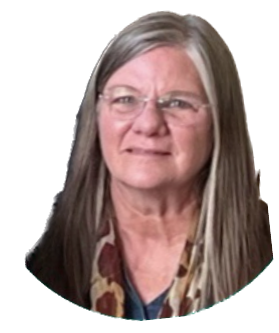Sterile compounding within USP Categories 1, 2 & 3
This is the second webinar in a two-part series exploring USP standards for compounding drugs in veterinary practice. We recommend that participants begin by watching part 1: The USP and immediate-use sterile compounding.
USP General Chapter <797> Pharmaceutical Compounding—Sterile Preparations applies to all sterile compounding done in a human or veterinary practice setting. There are three categories of compounded sterile preparations, primarily distinguished based on the environmental controls under which they are compounded, the possibility for microbial contamination during the time they will be stored, and the time period within which they must be used. The most extensive requirements apply to facility design. In this session, learn the standards necessary to compound sterile preparations under Categories 1, 2, and 3.
LEARNING OBJECTIVES:
- Identify compounding activities that are within the scope of General Chapter <797> Pharmaceutical Compounding—Sterile Preparations.
- Describe the requirements for compounding preparations under the provisions for administration and immediate use.
- Understand environmental requirements, and requirements for demonstrating competency and skills by compounding personnel
- Describe requirements for documentation and labeling of sterile compounds.

Gigi Davidson is the former director of clinical pharmacy at the NC State University College of Veterinary Medicine, where she practiced veterinary pharmacy for 35 years. She received her bachelor’s degree from the University of North Carolina Chapel Hill in 1983 and earned diplomate status in the International College of Veterinary Pharmacy in 2001. She was inducted into the Phi Zeta Honor Society in 2006 as an honorary member for distinguished advancement of veterinary science. Davidson is a past president of the Society of Veterinary Hospital Pharmacists and of the American College of Veterinary Pharmacists (ACVP). She also has served as the ACVP delegate to the American Pharmacists Association House of Delegates. She was the chair of the United States Pharmacopeia Compounding Expert Committee from 2010-2020 and continues to serve as a member. In 2015 she received USP’s Beal Award, becoming the first female and first veterinary professional to do so. Her primary area of research is the stability, safety, and efficacy of compounded therapies in non-human species, and she has many publications in peer-reviewed scientific journals on the topic. She also researches drug disposition in honeybees, and pharmacological action of plant pollens and nectars on honeybee colonies.